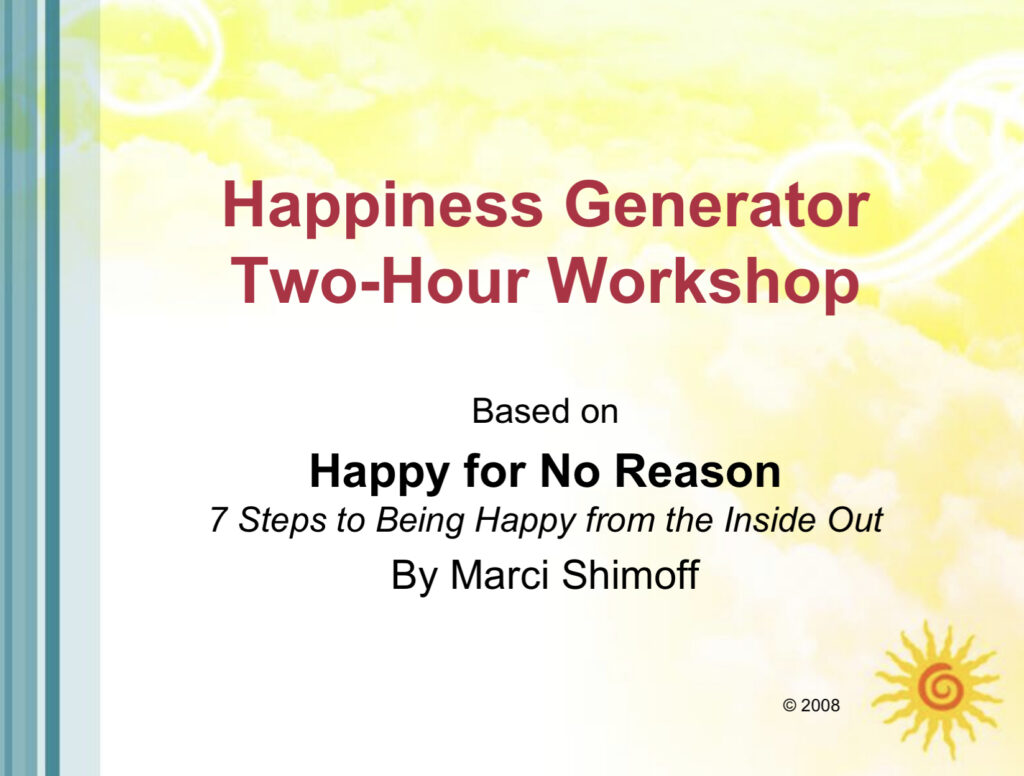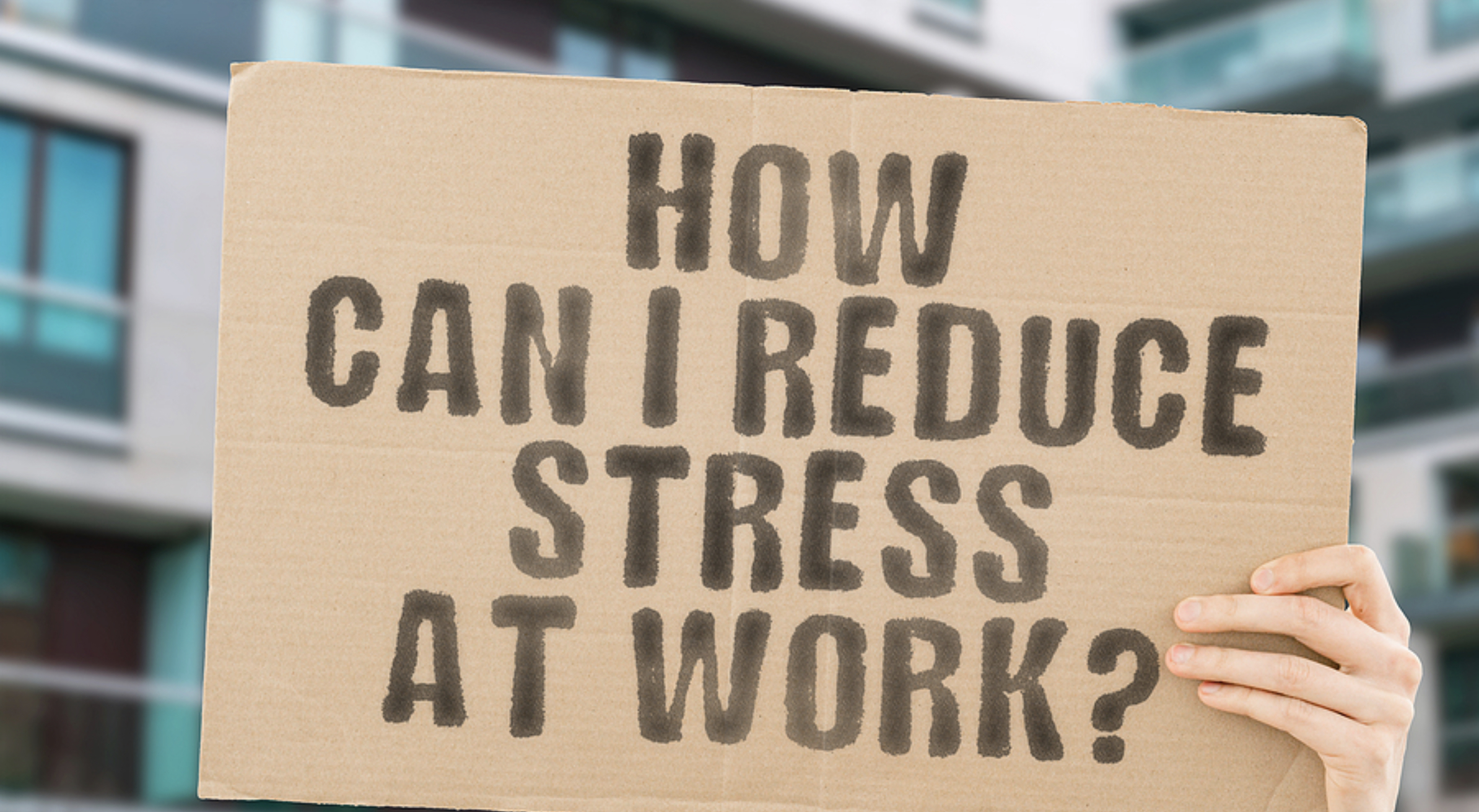1,228 Views
12 Science-Backed Ways to Reduce Stress
Chronic stress is a health issue that cannot be ignored. Anxiety and stress raise health costs and lower productivity. At one point, people wore their overwork and late nights at the office as badges of honor. Today, managers are learning that workplaces with stressed-out employees will see more sick days and a decrease in the quality of work. Reducing stress is simply good business.
What is the stress response?
The stress response has kept humanity alive for thousands of years. When early human beings were facing dangerous animals, their bodies developed a response to prepare for action. In the fight or flight scenario, the brain responds at the first sign of a threat. The hypothalamus signals the adrenal glands to release a mix of hormones including adrenaline and cortisol.
As a result, several physiological events happen at once. Both the heart rate and breathing rate increase. Energy stored in fat enters the bloodstream as glucose. The volume of blood flowing to the arms and legs increases, and the flow to the digestive system decreases. The body is ready to take swift action.
This response is well-designed to handle an immediate threat. Once the danger has passed, everything should return to normal. Unfortunately, modern humans trigger the stress response repeatedly throughout the day. They deal with deadlines, unpaid bills and traffic jams as threats to their health and safety.
Long-term stress is a dangerous health threat. While stress does not kill you, it promotes several conditions that will. Chronic stress has been linked to high blood pressure, heart disease, obesity and diabetes.
Physical Activities to Reduce Stress
There is a growing body of knowledge about how to reduce stress in your daily life. Physical activity plays a major role in mitigating the effects of this chronic condition.
1. Active Exercise
In the stress response, the body prepares to take action. In the wake of a stressful event, physical exercise is one of the best remedies. A brisk walk will help you burn through the extra energy released by your body. As you walk, you will notice a transition from a stressed state to a calmer state.
2. Mindful Motion Exercises
Exercises like yoga and tai chi require you to focus on the individual parts of your body. Participating in these practices will help you grow in awareness of the way your body feels. You will begin to notice the signs of stress and learn how to relax the parts of your body carrying tension.
3. Maintaining a Healthy Lifestyle
If you are already dealing with health issues, stress and worry will make them worse. A healthy lifestyle will help you prepare for inevitable stressful situations. Getting the nutrients and hydration you need along with adequate sleep will energize you to face the days with challenging to-do lists.
Intentional Relaxation Practices
Learning to relax and recover from stress involves an intentional shift in the circuitry of the brain. The goal is to deactivate the stress response and activate the reward and motivational cycles. At a physiological level, this change means the release of dopamine and endorphins, hormones linked to happiness and contentment.
4. Deep Breathing Exercises
When the stress response activates, there is very little that you can control. While you may not be able to slow your heart rate, you can intentionally slow your breathing rate. Taking deep breaths that fill your chest tends to slow everything down. Practicing deep breathing exercises when you are not under stress will train you to respond calmly when things become tense.
5. Meditation and Mindfulness
Mindfulness practices teach you to watch the thoughts in your mind as a third-person observer. A meditation session can help slow racing or repetitive thought patterns to avoid triggering the stress response.
6. Visualization
Anxious feelings and worry can trigger the stress response as if there were a physical threat. Visualizing a calm place can reduce stress by replacing anxious thoughts with pleasant, peaceful memories.
Social Activities to Reduce Stress
People under stress tend to isolate themselves. By trying to handle the issue alone, they miss out on an important resource. Social interaction and support can prevent some of the mental side effects of stress like depression.
7. Talking about Stressors
If something is stressing you out at work, it is probably having a similar effect on others. Talking through the issue makes it seem more manageable. If several people have the same problem, a group conversation is an opportunity to seek a solution.
8. Making Time to Play
As children, playing is how we learn to make sense of the world. Adults still need opportunities to be creative, experimental and silly. Playing is more than blowing off steam. It creates connections and deepens trust.
Developing a Sense of Control at Work
People who are anxious and stressed often feel that their world is out of control. Finding small ways to establish control can go a long way in reducing stress levels.
9. An Organized Workspace
Entrepreneurs have different styles of organization. However you organize your work area, everything you need should be within reach, and unnecessary items should be out of sight. Organizing your workspace for tomorrow’s projects at the end of the day sets you up for a successful morning.
10. Single-Minded Focus
Multitasking is a myth. People do not work on several projects at the same time. Instead, they switch their attention between projects and lose focus in the process. Establishing designated times to work on a project with complete focus is a better strategy.
11. Reframe Challenges
People with an entrepreneurial mindset know that failure is part of the learning process. Developing a culture that sees failure as an opportunity will bring a greater sense of well-being to your employees. Stressful situations become challenges to overcome rather than fear.
12. Establish Clear Work and Home Boundaries
Smartphone technology makes it possible to receive work emails any time of the day or night. Cloud-based storage means employees can work on documents from any location. A healthy workplace makes a distinction between work hours and home hours. Many people find that leaving work in the workplace makes them more productive during their official office hours.
A Partner in Leadership
Every business leader needs to look at the atmosphere they are creating in the workplace. At the Productivity Intelligence Institute, my focus is helping entrepreneurs create healthy, productive businesses. If you are looking for creative ways to reduce stress, I would be happy to talk with you.

















